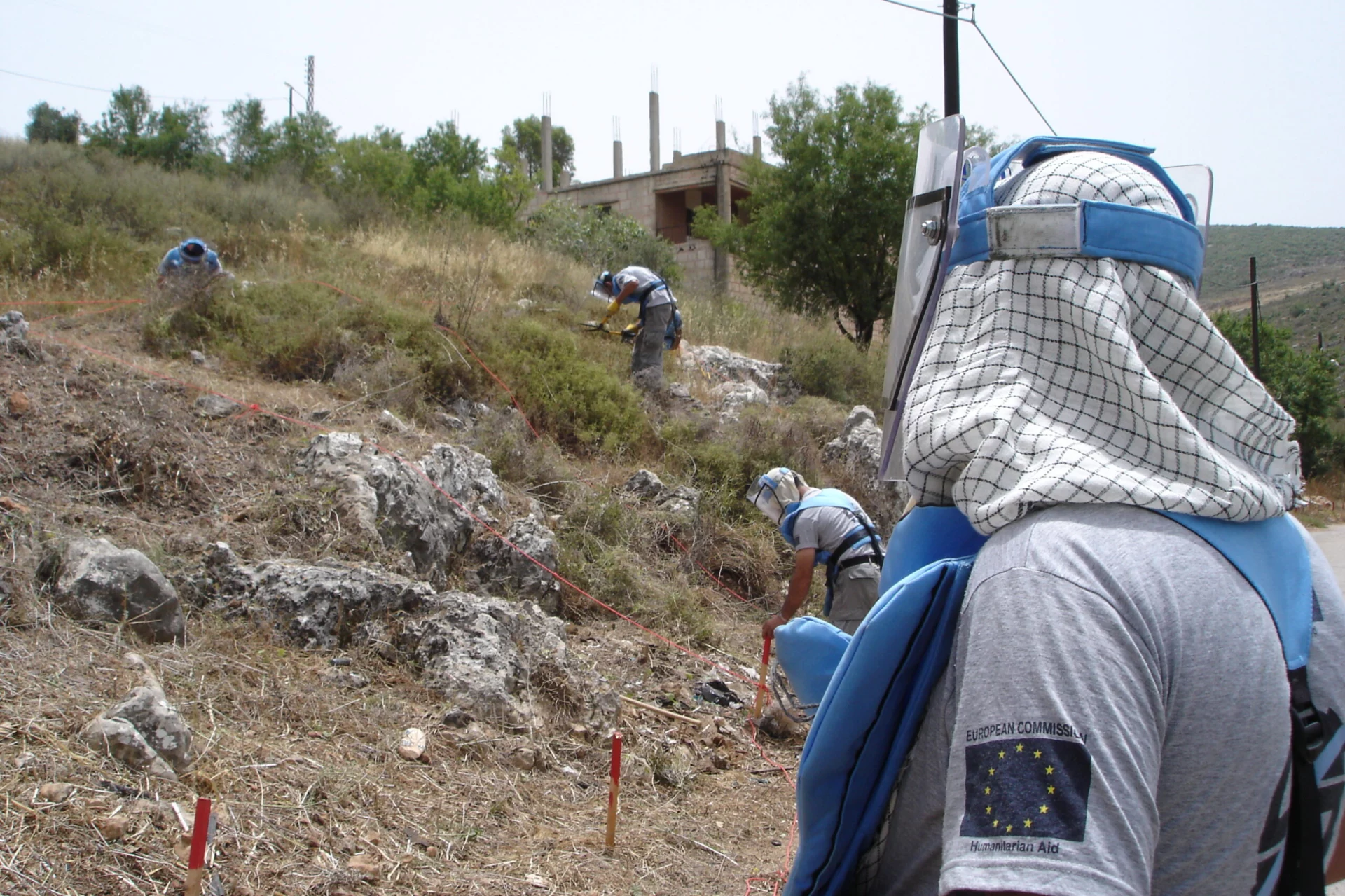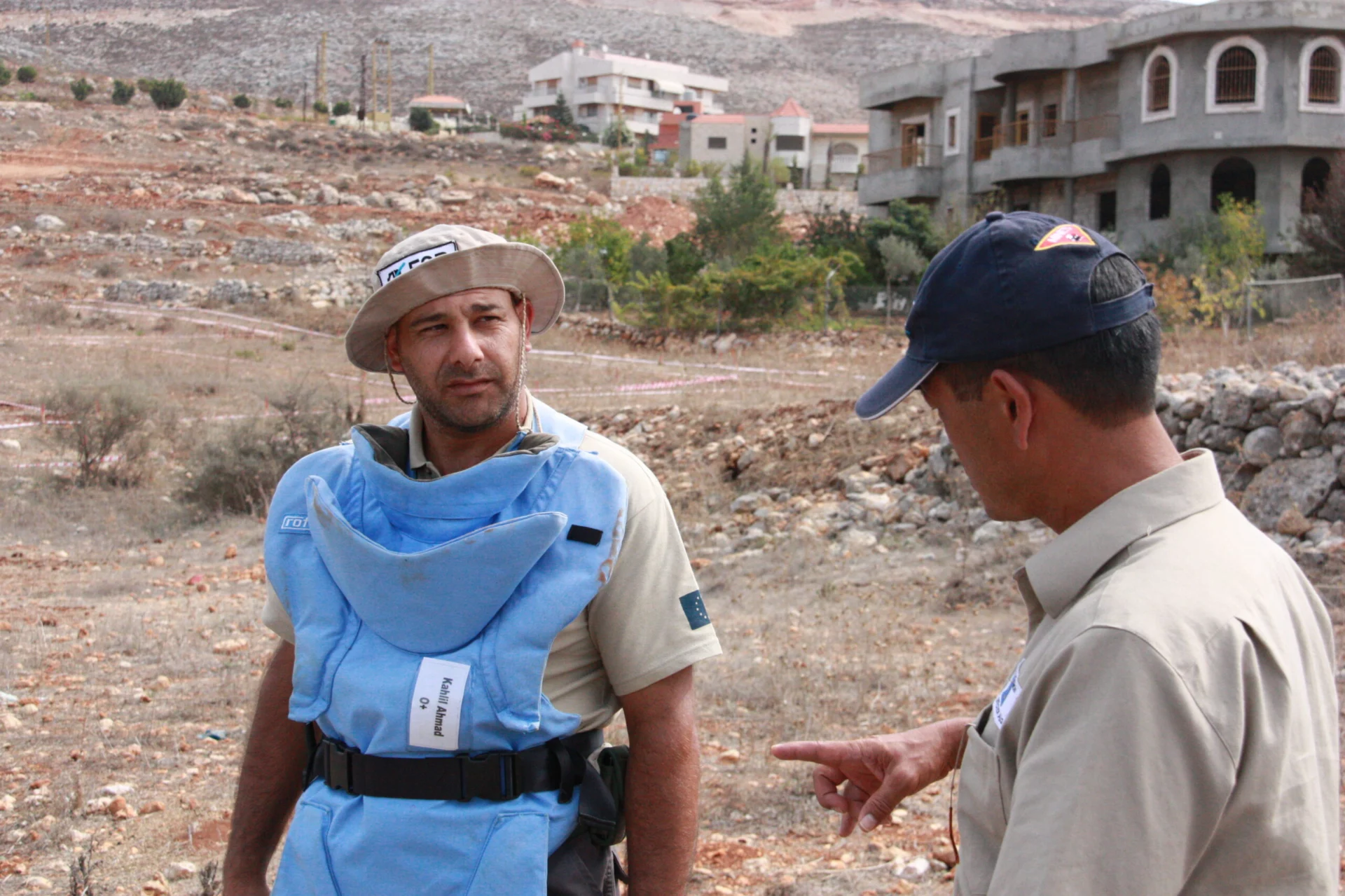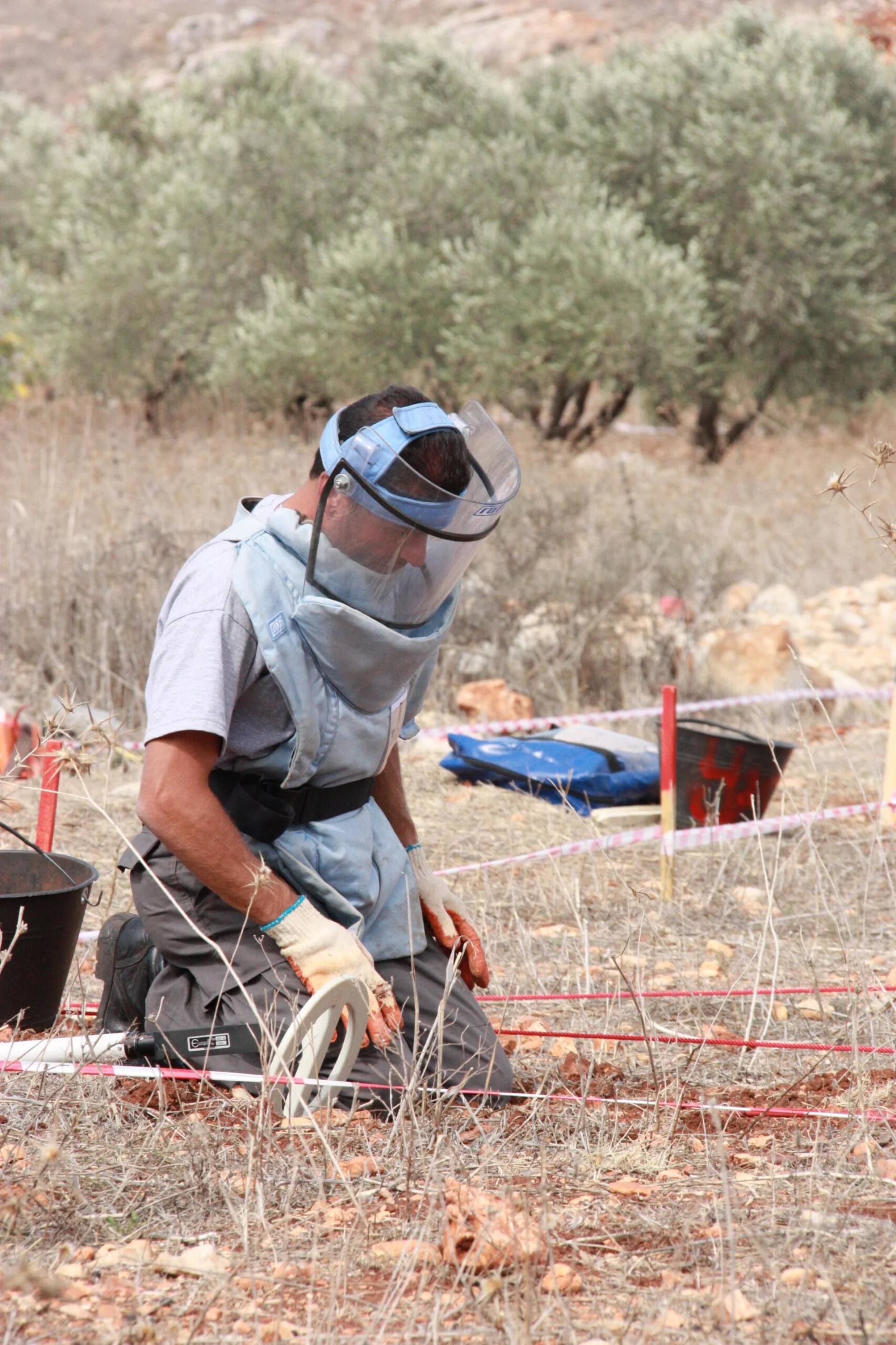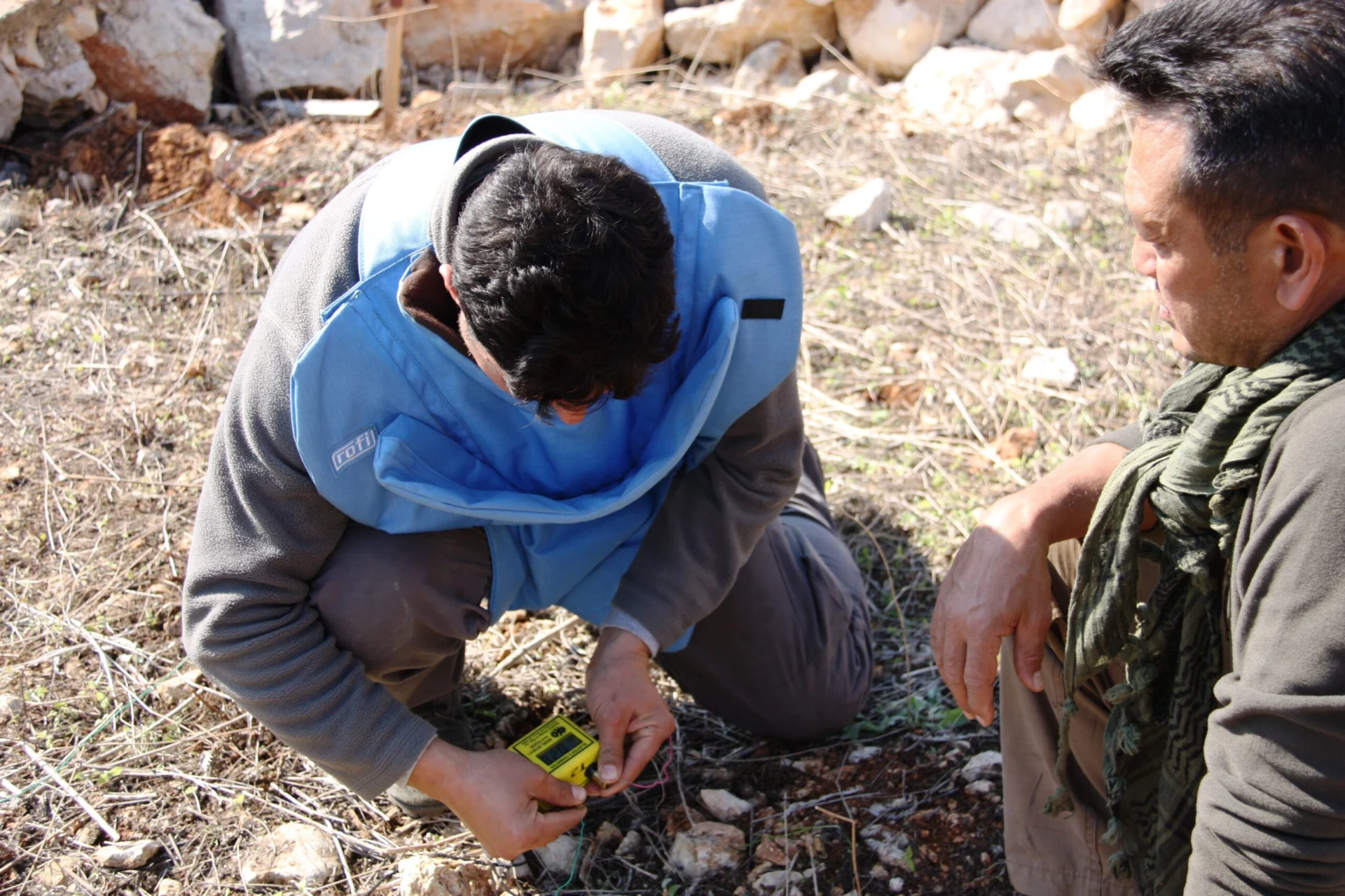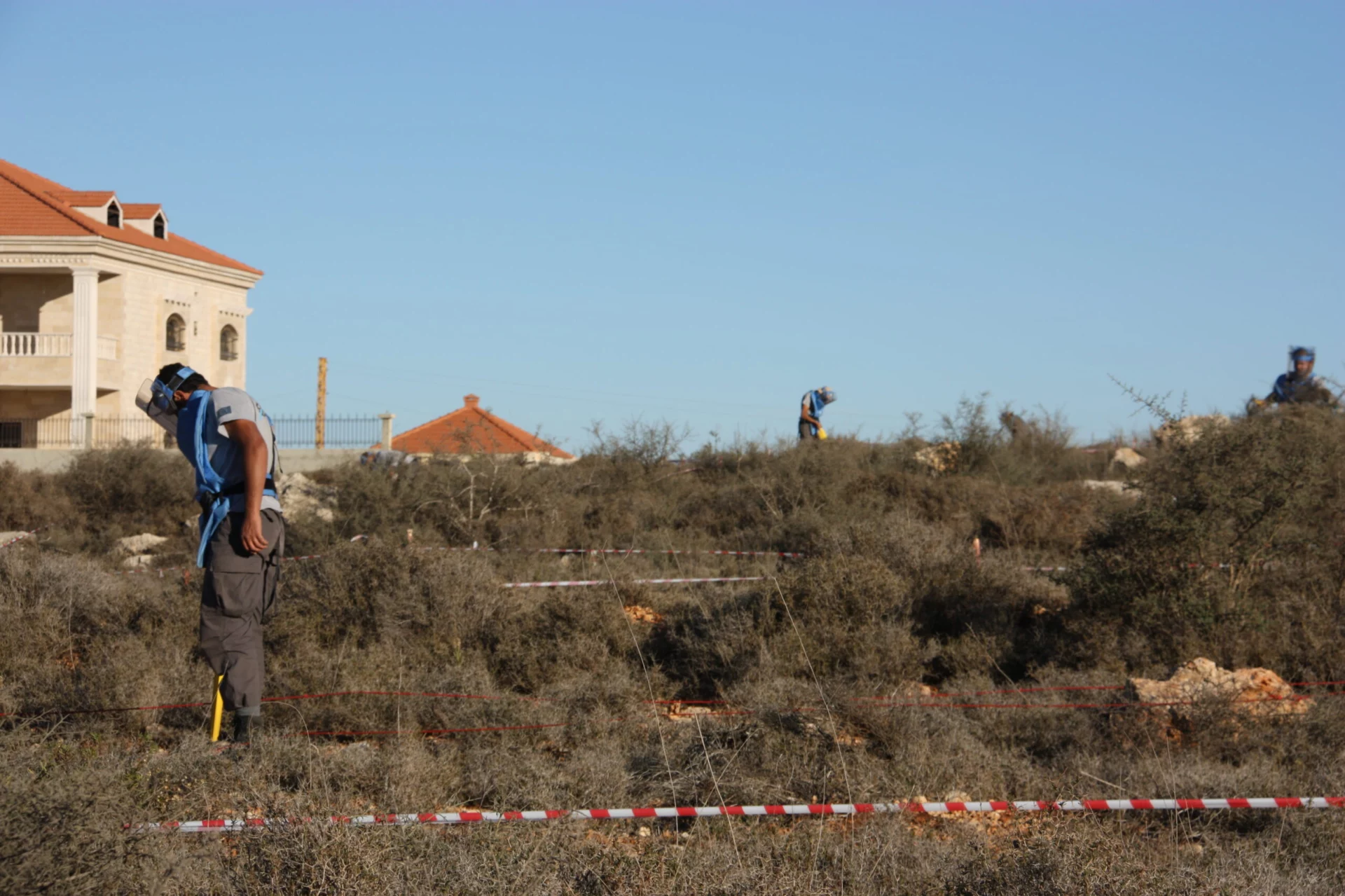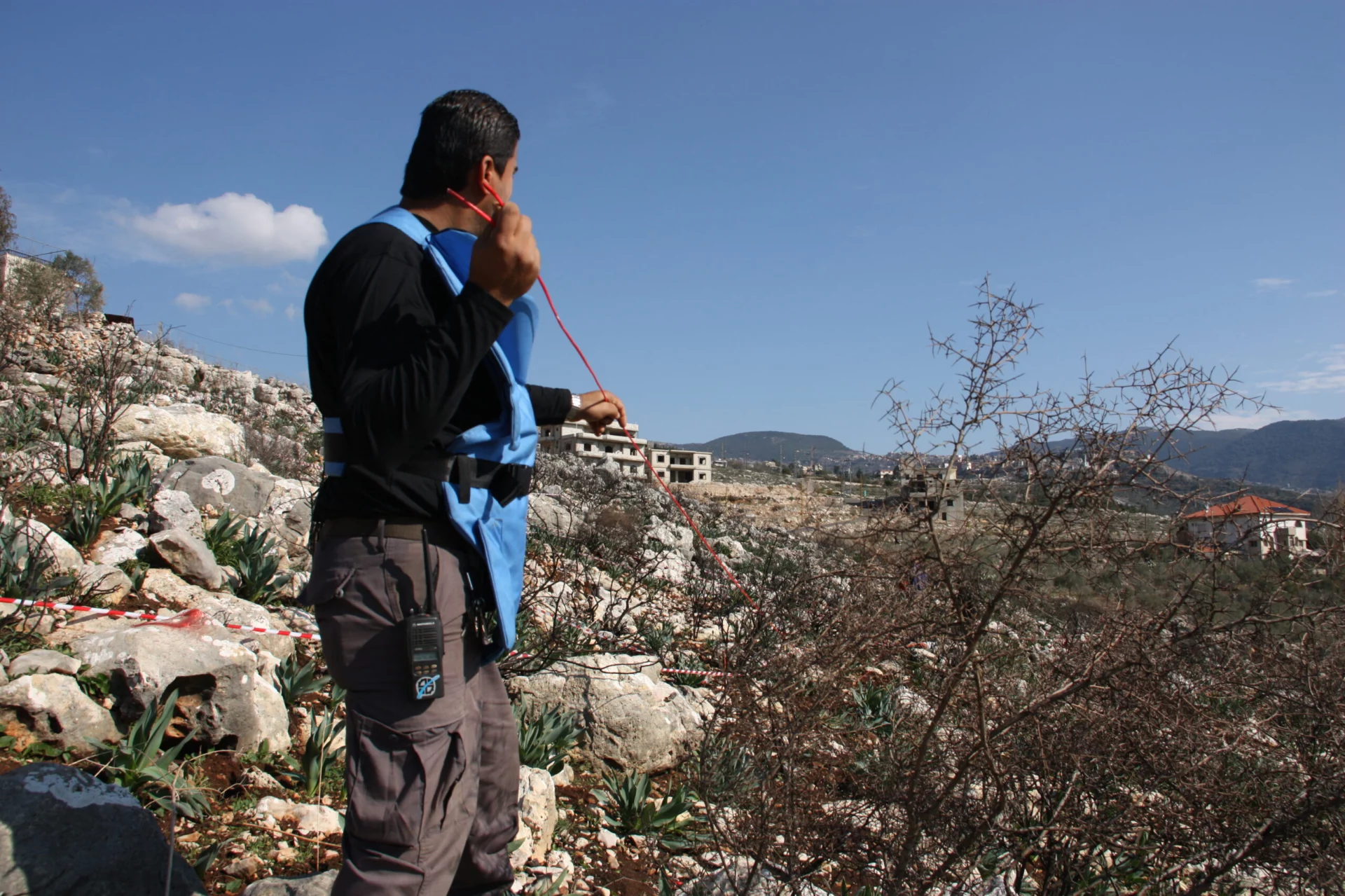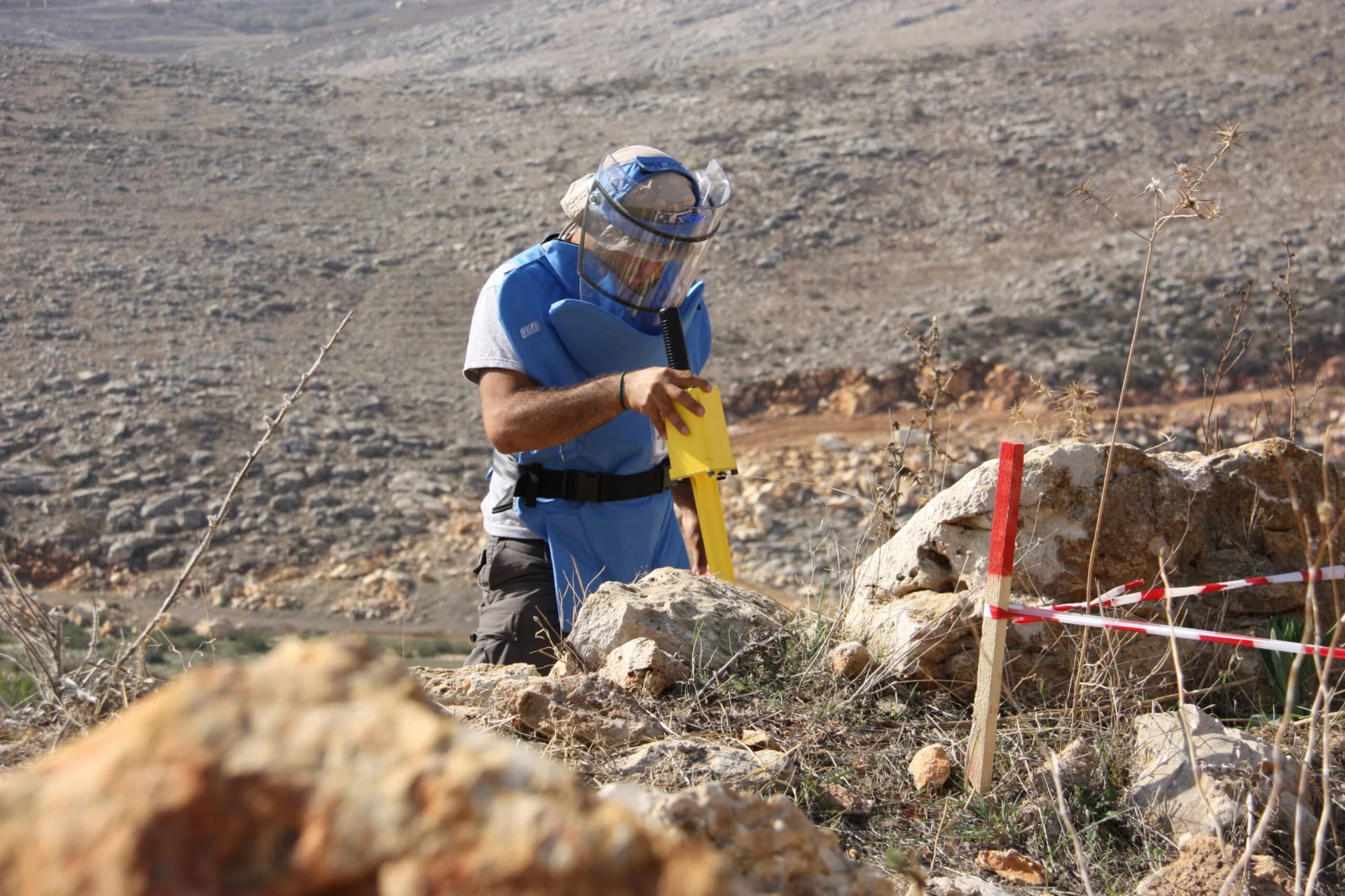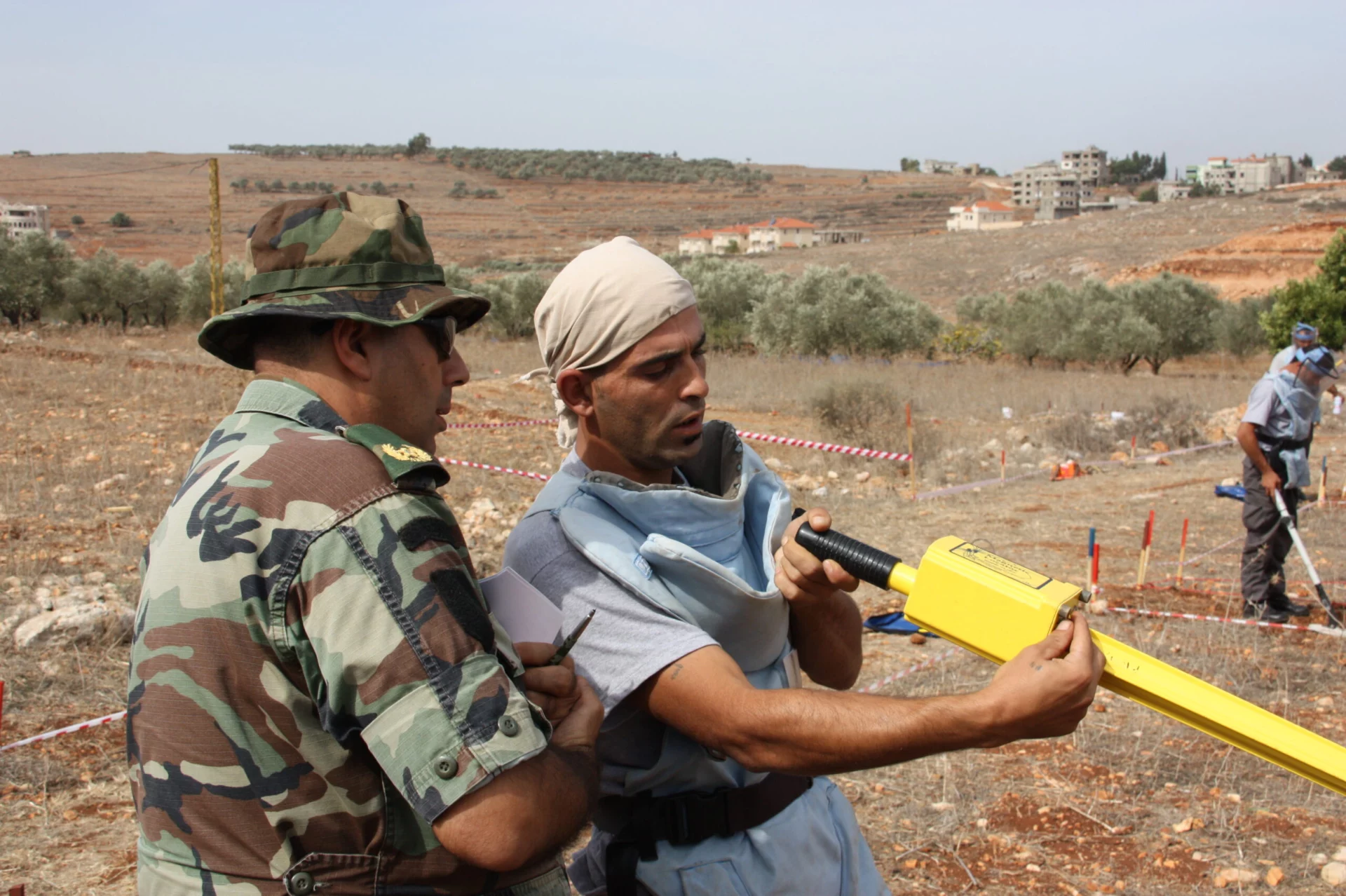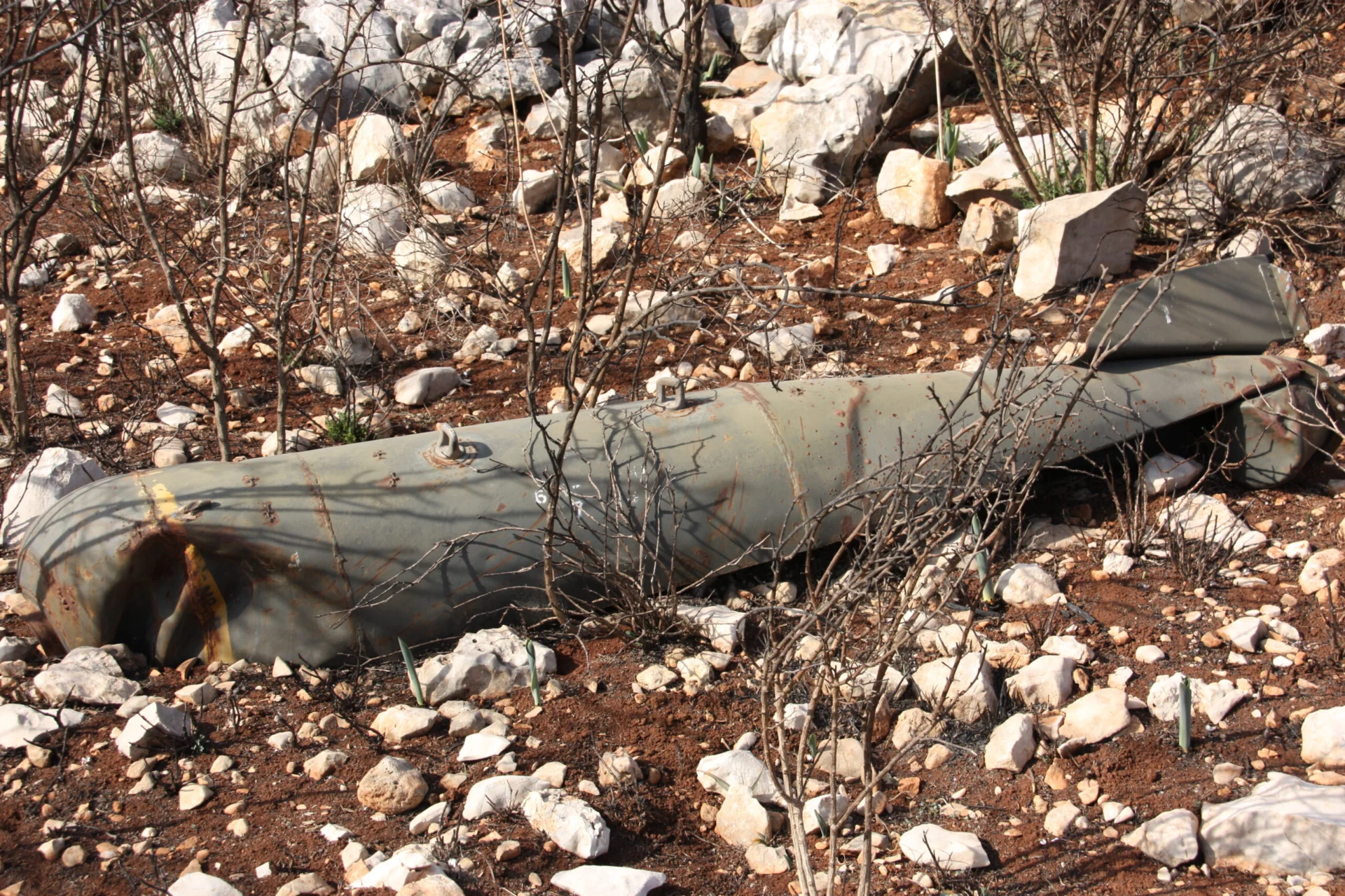We use audience measurement tools (such as Google Analytics 4 and Clarity), via Google Tag Manager, to understand how the website is used and to improve it. The data are used for statistical purposes only and are not used for targeted advertising.
Lebanon
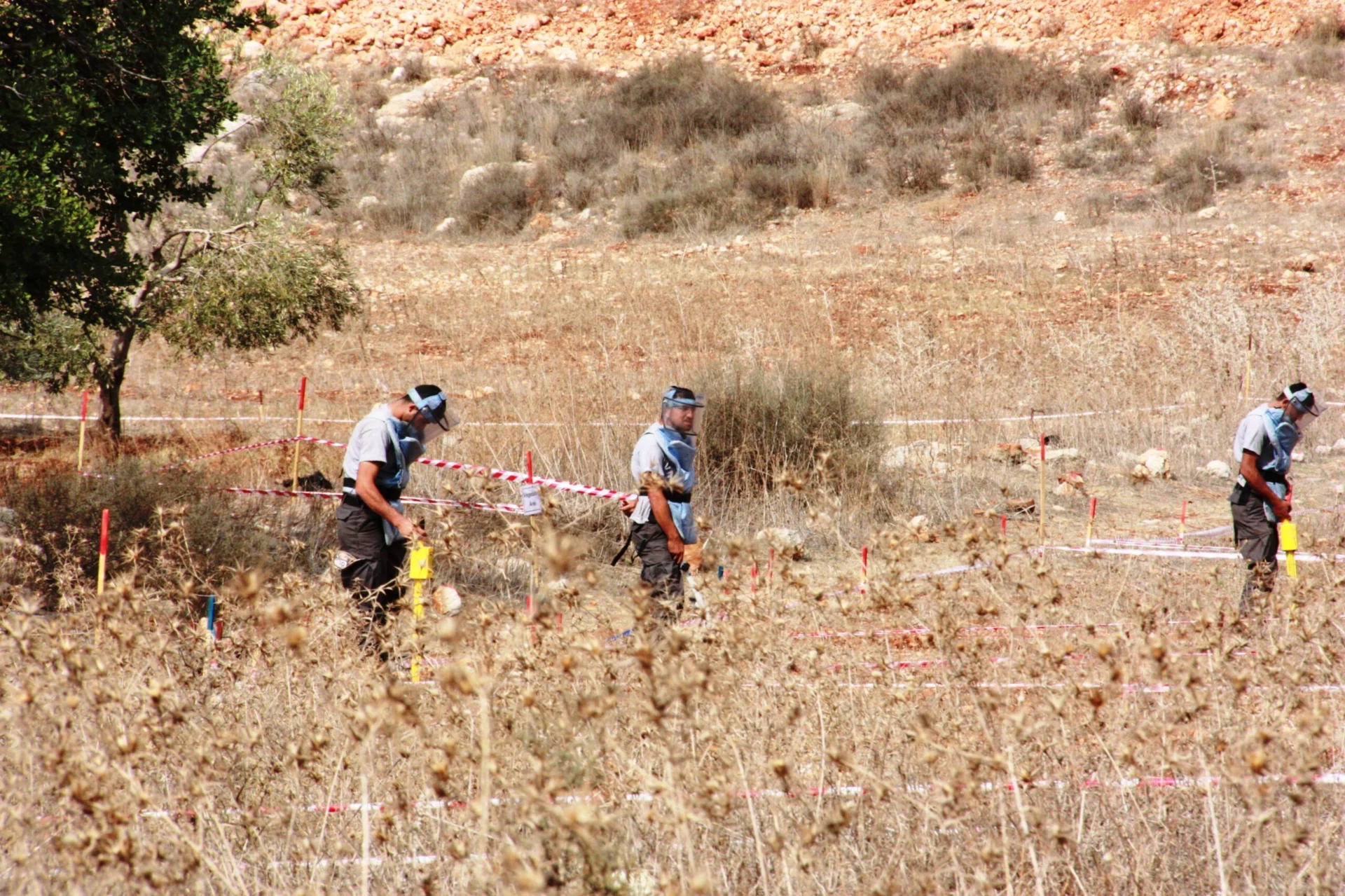
Mine Action
Humanitarian demining
Explosive ordnance risk education
FSD was active in Lebanon from 2006 to 2013, implementing a comprehensive humanitarian demining programme to reduce the risk of accidents and safely return agricultural and residential land to local communities.
Millions of square metres of mined land
Lebanon continues to face a complex explosive threat inherited from several decades of conflict, including the civil war from 1975 to 1990 and clashes with Israel. In the south, landmines and unexploded ordnance contaminate vast areas, limiting access to farmland and endangering local communities.
Clearing land, protecting communities
FSD’s humanitarian demining project, launched in 2006 with four teams of eight people under the auspices of the United Nations and the Lebanon Mine Action Centre, led to the destruction of more than 1,500 explosive remnants of war and over 600 submunitions by 2013. By focusing primarily on agricultural and residential areas, FSD returned more than 2 million m² of land to local communities. Through explosive ordnance risk education sessions and victim assistance, FSD helped reduce the risk of accidental explosions while enabling the resumption of farming, the reconstruction of infrastructure and the safe return of residents, contributing to local economic recovery and strengthening community resilience.
Our impact in Lebanon
+1,500
explosive remnants of war destroyed
+2,000,000
m2 of land made safe
From Bosnia to Ukraine
Discover our story
For nearly 30 years, FSD has been working to make land safer. Explore the key milestones of our humanitarian work since our first demining operation in 1998.
Latest news from FSD
View all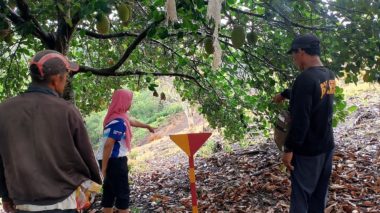
Mindanao: A New Operational Centre Enabling a Rapid Response to Explosive Risks
Until recently, many residents were reluctant to report the presence of these items, due to fear, mistrust, or a lack…
Humanitarian demining Philippines

QR Codes to Save Lives
In Kharkiv province, Ukraine, residents live every day with the invisible yet very real presence of explosive remnants of war. FSD…
Prevention and risk education
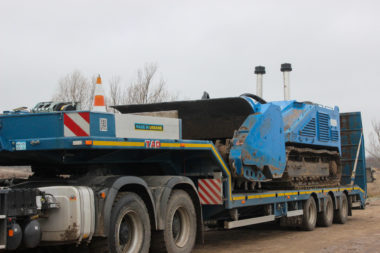
FSD strengthens Ukraine’s mechanical demining capacity
FSD has launched a new project funded by the Swiss State Secretariat for Economic Affairs (SECO) to help the State…
Machines, drones and technology Humanitarian demining Non catégorisé
